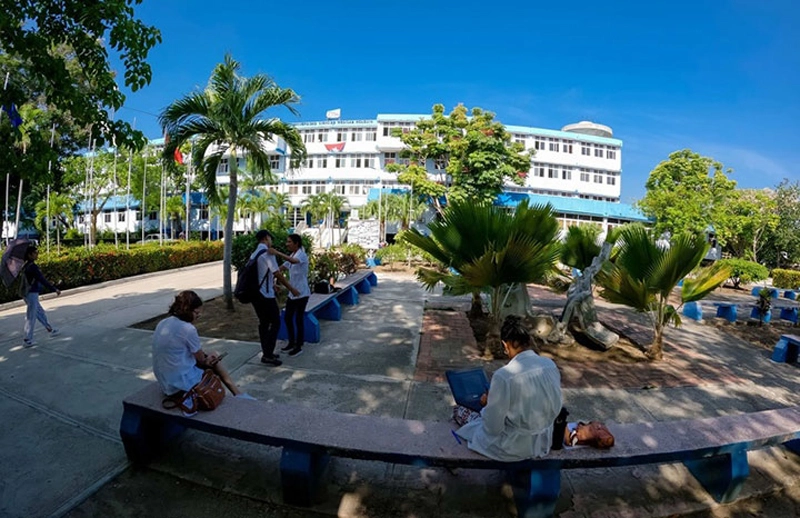The University of Medical Sciences of Holguin (UCMHo in the Spanish acronym), with more than 3,000 students in undergraduate and graduate programs, is among the institutions with the highest enrollment in Cuba and is committed to the humanistic and compassionate education of its students during the 2025-2026 academic year.
This institution, founded 40 years ago with the goal of ensuring the preparation of professionals in various fields and welcoming students from the Latin American School of Medicine in their final years, has more than 45,000 graduates from 39 countries, with a focus on the African continent and Latin American countries.
George Augusto Velázquez Zúñiga emphasized to CNA that the university will prioritize links in primary health care and vertical internships. As these are the most areas in demand for specialists and general comprehensive practitioners.
Moreover access to alternative nursing courses is offered to young people disconnected from school and work in vulnerable areas. Which has benefited more than 300 people, exemplifying the social care linked to government programs.
For the new academic year, the accreditation of specialties based on scientific development, technological innovation, community ties. The development of its professors is planned to continue.
Mileidis Roselló, professor of Epidemiology, highlighted the efforts aimed at educating students with human values that distinguish the Cuban Revolution and are reflected in international collaborations.
She emphasized the faculty’s sense of belonging, passed down through generations at a university with a long history of challenges and achievements, such as the recent reaccreditation.
This academic year will be distinguished by the opening of a school for eleventh-grade students to choose medicine and begin their training a year earlier, which will improve professional quality.
The UCMHo, located in the modern part of the city, maintains its operational vitality, even in the face of contingencies such as COVID-19. Advances toward greater application of science and new technologies in the teaching and educational process.
With information from the Cuban News Agency
- Installation of Photovoltaic Systems in Rural Communities in Holguin - 19 de January de 2026
- 39th City Salon Opens in Holguin - 19 de January de 2026
- Habanos Festival Among Cuba’s Most Important Tourism Events - 19 de January de 2026

